American Airlines has improved its basic economy fares. And I already like their version of basic economy better than other airlines. As a frequent American Airlines flyer, I can still assign extra legroom seats and I’m even eligible for upgrades.
What’s new is that basic economy fares are no longer ‘use it or lose it’ on international trips.
- Domestic itineraries have been cancellable for credit, deducting a $99 fee.
- American Airlines international basic economy fares can now be cancelled for partial credit, too.
Short-haul international basic economy tickets originating in the U.S. are now cancellable for $129 fee and long haul international basic economy tickets originating in the U.S. are now cancellable for a $199 fee. An AAdvantage number must be in the reservation prior to cancelling.
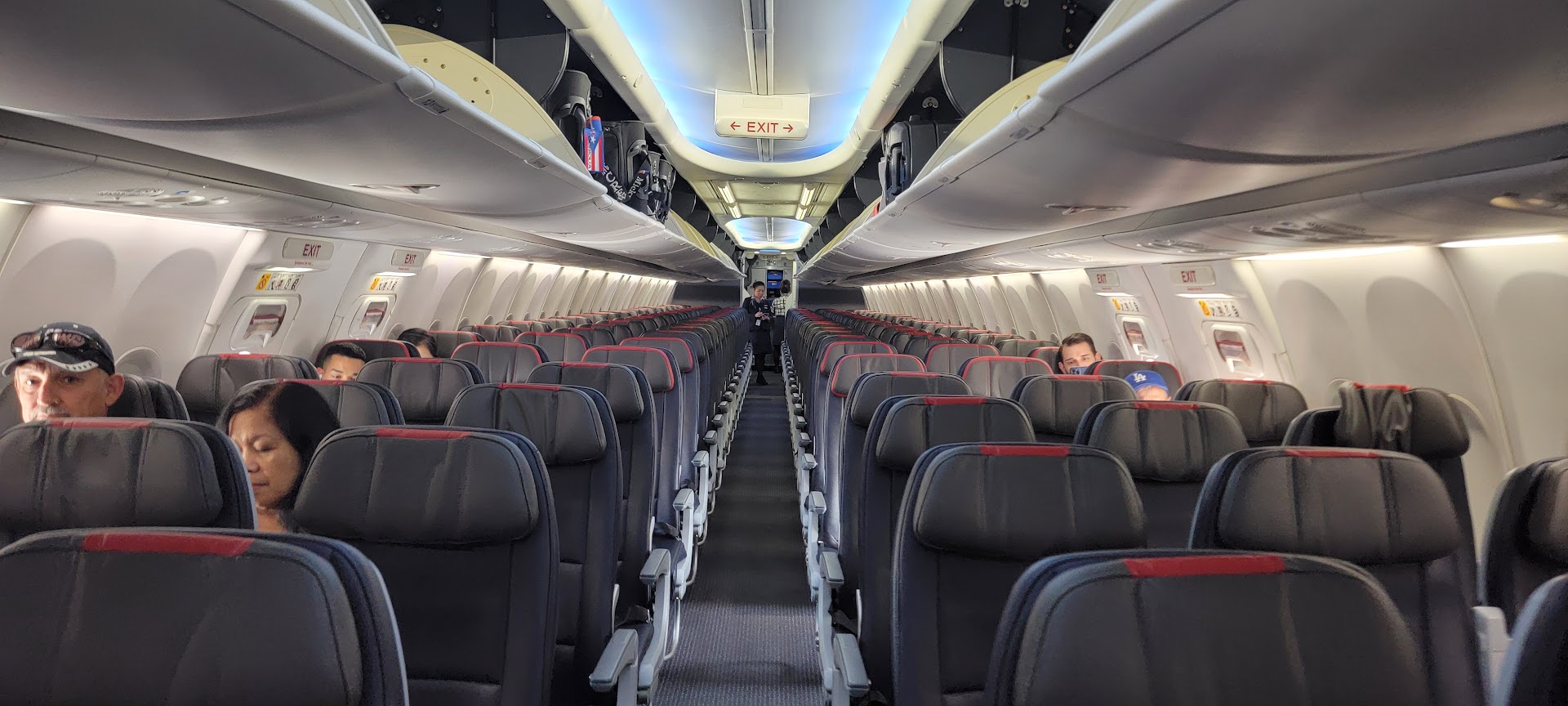
How Airlines Use Basic Economy
Airlines used to use Saturday night stay and advance purchase requirements to separate price-sensitive leisure customers from higher fare business customers.
They want to fill up their planes, because a seat that takes off empty can never be sold again. They’re willing to take almost any amount to put an extra passenger in a seat that would fly empty, because nearly all of the costs of flying that plane are fixed (e.g. the plane itself, crew, fuel). However they don’t want to discount in a way that lets passengers willing to spend full price get that seat for less.
In the movie Wall Street, Charlie Sheen explained it in the first point of his three-point plan for turning around Bluestar Airlines,
We squeeze every dollar out of each mile flown. Don’t sell a seat to a guy for 79 bucks when he’s willing to pay 379. Effective inventory management will increase our load factor by 5-20%. That translates to approximately $50-200 million in revenues. The point being, we can beat the majors at a price war.
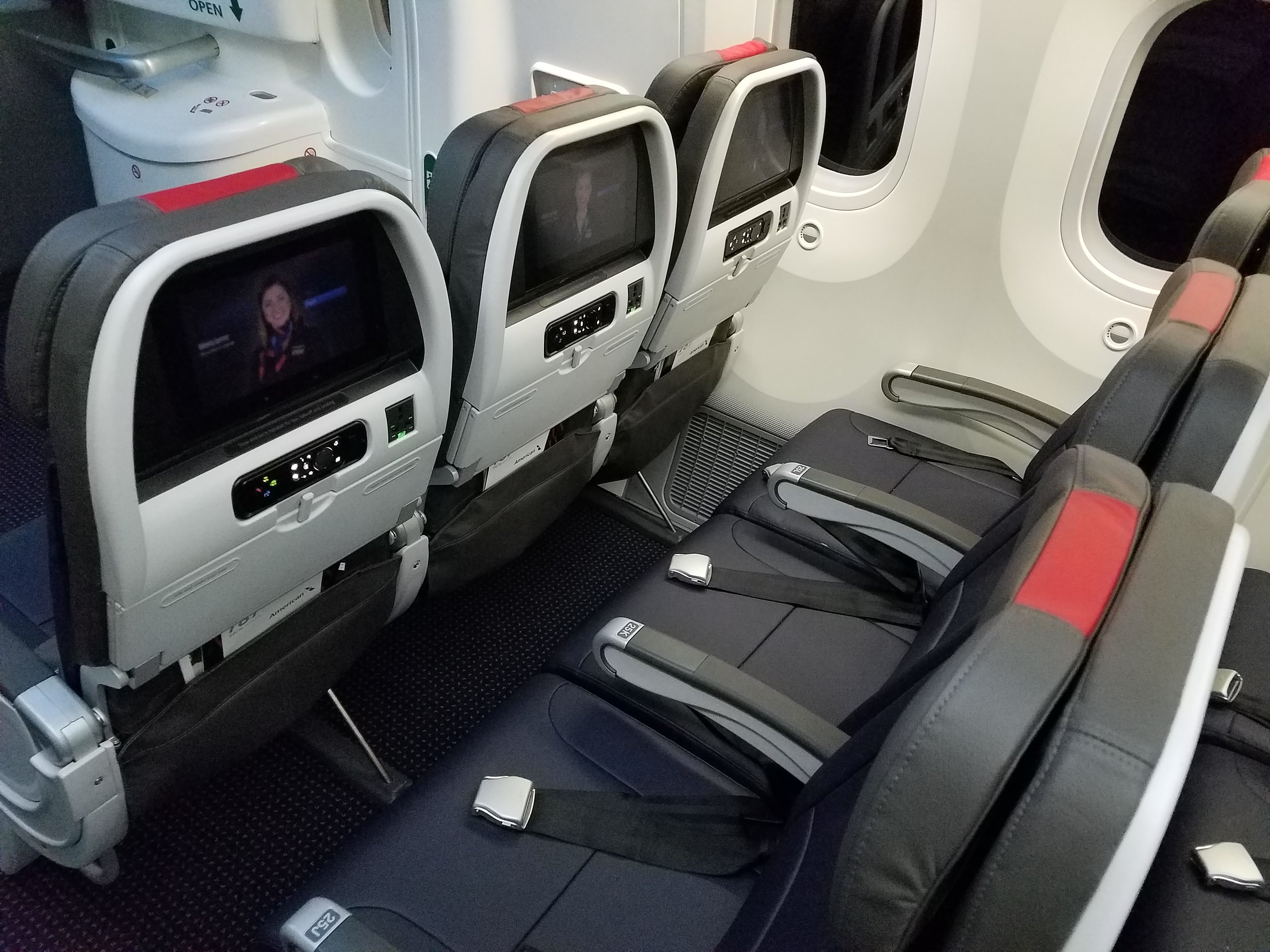
Advance purchase and Saturday stay requirements don’t work anymore to offer low fares to clear price-sensitive customers while charging full freight to everyone else. Low cost carriers didn’t impose those restrictions and eventually they fell away from the majors too.
Basic economy became the new advance purchase restriction on the lowest fares, making the travel experience worse. Business customers, and those willing to pay not to have a worse experience, don’t buy basic economy. The airline charges them full freight. But they can increase the number of seats they sell with heavy restrictions to compete for the most price-sensitive business (and draw that business away from Spirit Airlines and Frontier).
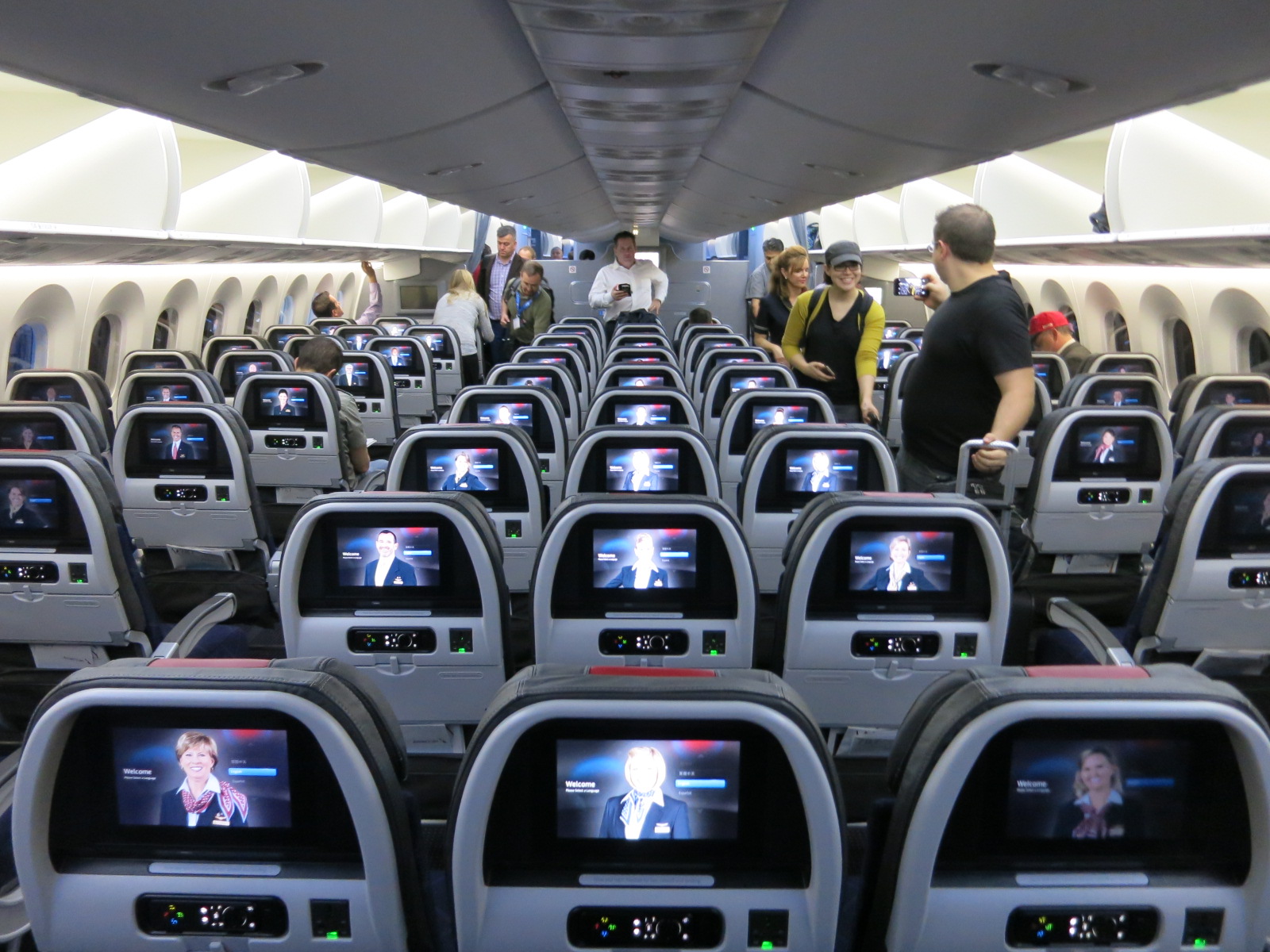
Each Airline’s Basic Economy Is Different
United Airlines is the most punitive. Their basic economy customers aren’t allowed to bring a standard carry-on bag on board. That forces these customers to check bags more often, which has its own fee. What’s more, they require a $65 credit card pre-authorization before basic economy passengers are permitted to check-in online.
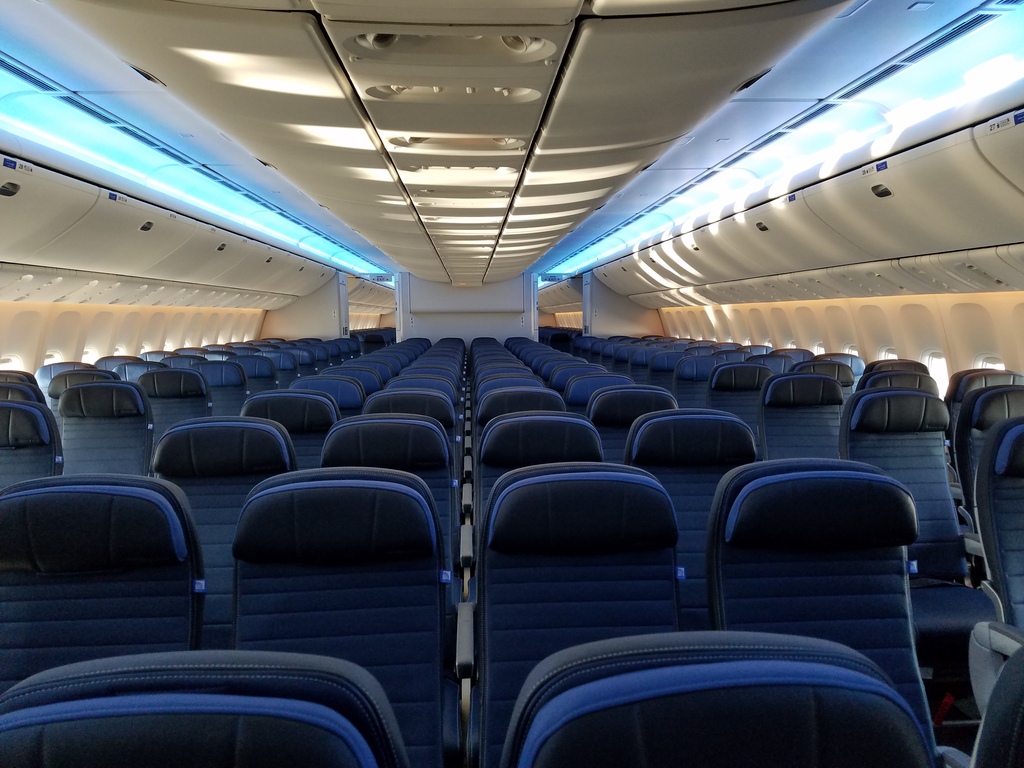
JetBlue used to have the carry-on bag restriction, but dropped it last year, although the airline’s least expensive frequent flyer awards now carry basic economy rules, like with Delta.
Delta, for its part, doesn’t even allow members of their Sky Clubs to access those lounges when traveling on basic economy fares, and the tickets do not earn any miles or credit towards elite status. They even warn that seats, which don’t get assigned until check-in, won’t be together for passengers traveling together.
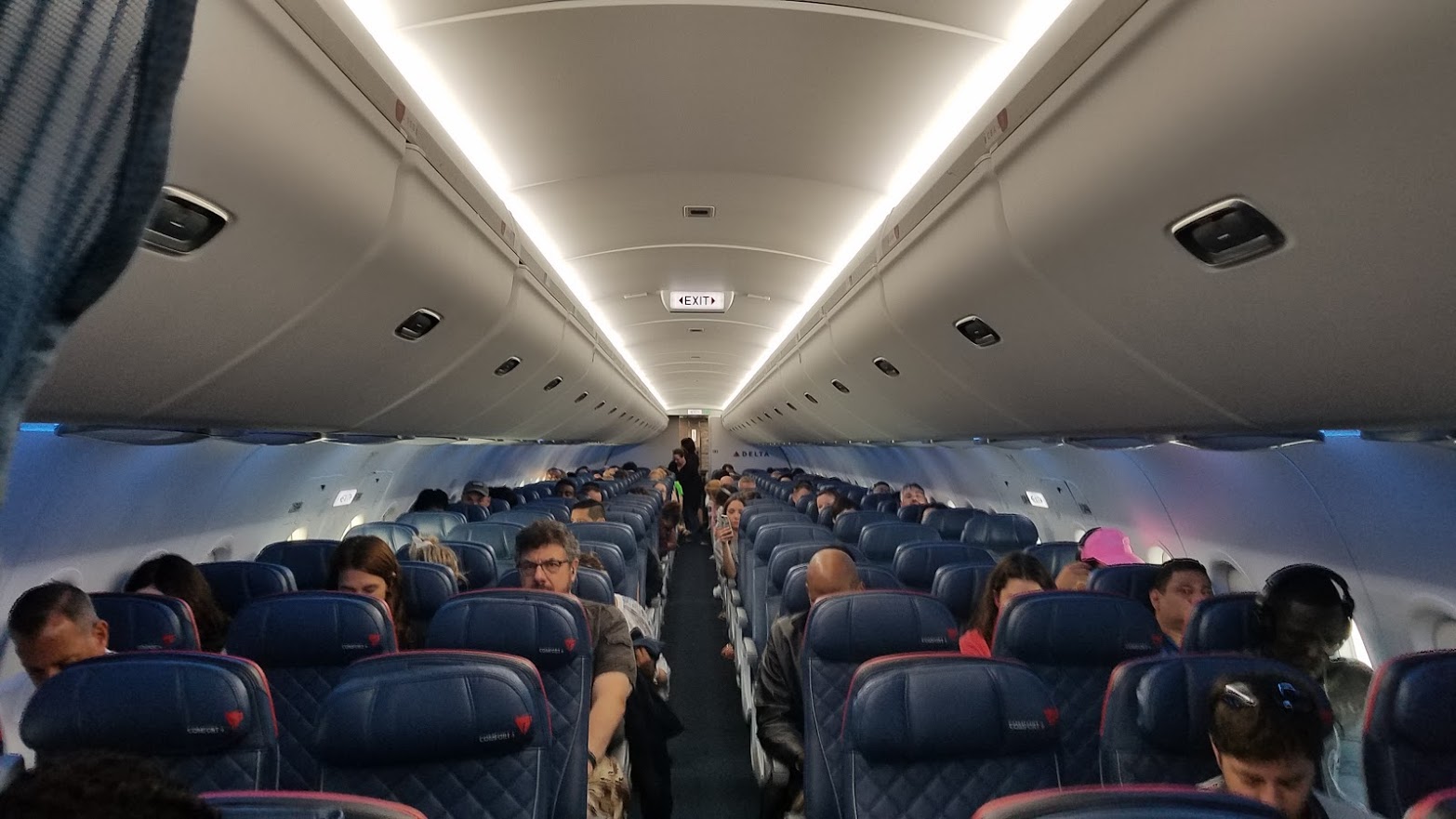
As I predicted last year, Southwest Airlines is adding basic economy restrictions to their cheapest tickets.
Comparing Options Is Tough
There’s a lot of nuance to the different product features each airline supports with their lowest fares. Figuring out what you’re going to get is more than just looking at the schedule and price.
Of course that’s been true for a long time. Delta and JetBlue offer free wifi. United is installing fast Starlink internet, which will be free. American Airlines will make wifi on most of their planes free next year. Southwest’s wifi is the worst-performing, while Frontier doesn’t offer it at all. Frontier’s seats are probably the hardest and least comfortable.
In other words, airline seats are like most products – no longer a commodity, even at the cheapest price.


“ Domestic itineraries have been cancellable for credit, deducting a $99 fee.”
There are still “ultra-basic” AA fares that are not cancelable for credit. Just had one this month.
Gary – while I agree with your evaluation of the American basic economy offering, to my thinking, the that product is best-suited for AA miles purchases, which get you the same low price (translated to miles instead of dollars) but sidestep the change fee restrictions.
Agree on AA BE being best (with Delta IMHO 2nd). As lifetime elite I can pick a Main Cabin Extra seat at time of booking, carry on my bag for free (plus check any if I desire to at no cost) and board with my early boarding group. About all that penalizes me is less mileage earning (not a big deal since lifetime elite with around 3 million miles) and were non-refundable or changeable in the past. Had to eat one once but flights from CLT to PHL (used to go there frequently) were often a couple hundred difference between BE and coach. I could eat one of out every 2 tickets and still come out ahead.
At the risk of sounding ungrateful, why would AA do this?
I don’t book Basic fares, but good to hear. A little off-topic, but do you see those seats in the photos, presuming they are on an American Airlines 787, because they’re new and it’s 3-3-3 Economy. Note how they have IFE. See, AA, and the rest of you, IFE is possible, and it’s a good thing. Now get it on your 737s and a319/20/21s!
@Christian — Probably because international fares are struggling right now. *gestures broadly*
@1990,
All of AAs wide bodies have seat back IFE, as well as the 321Ts and the XLRs. Just bring your device and stream content when you on most domestic trips and it works great.
@Gary,
your last bit in the article about comparison is the gist. Most folks buying BE aren’t savvy travelers, just looking at a cheap way to get from A-B. Which begs the question why has AA improved BE? As a business decision it should be competitive with all the others but not starkly better as the users don’t care other than price.
@Pilot93434 — I do BYOD, but I wish that they would be more competitive with Delta, United, and jetBlue already have mostly IFE in their equivalent jets. I’m also well-aware of AA’s widebodies (787s and 777s) and their 321Ts (and looking forward to their XLRs, soon enough!). I’ve been harping on here for a while that AA really should have added IFE in their other narrow-bodies, like 737s and a319/20 and the other a321s, except the smaller regionals, like CRJs, ERJs, etc., because no one else has even done that either, unless that is possible, too, in which case, the more the marrier. If AA is going for ‘premium’ that’s a part of it. Like, why an a321neo doesn’t have IFE is beyond me. Sheesh!
Old non refundable tickets = new basic economy tickets
( now you can cancel for a fee)
Airlines found a way to bring back these. We always knew they would
@Christian & @Pilot93434
Why would American do this, same reason they attempted to end earning miles on Travel Agency tickets, save for the few “Preferred” ones. They are trying to ice out as best they can the discount Travel Agencies. How do I know this? A restriction on what BE tickets can get a credit after paying the fee. It is likely the ticket that @Greg H had purchased. You see if the ticket was not purchased direct from American your ticket is still Use It or Lose It.
Its like Gary said they are trying to filter out the most price conscious passengers the ones who book on Discount Travel Agencies so they can get the best price from all the airlines.
Secondarily, they are likely also doing it to increase their Frequent Flier account numbers, because who wouldn’t join when given the option of $0 or all but $99 in credit for that canceled domestic flight.
@Pilot93434:
Why the hell do I wanna watch a movie on a 2 inch screen??? I say no thank you! I book away from AA due to the lack of seatback screens.
I have been flying American Airlines (AA) more frequently lately due to the benefits of their Basic Economy (BE) tickets. For years, I was once a Delta Diamond/Platinum member and achieved Gold status with AA. However, my situation has completely reversed because of the non-punitive advantages offered by AA’s BE tickets compared to Delta’s.
Extra legroom seat selection is extremely important to me, and Delta has moved away from automatically selecting Economy Comfort (EC) seats, even for Main Cabin tickets. Their punitive practices regarding BE tickets, even for the highest elite status holders, are frustrating. As a result, I have been doing 99% of my flights with AA and loving it!